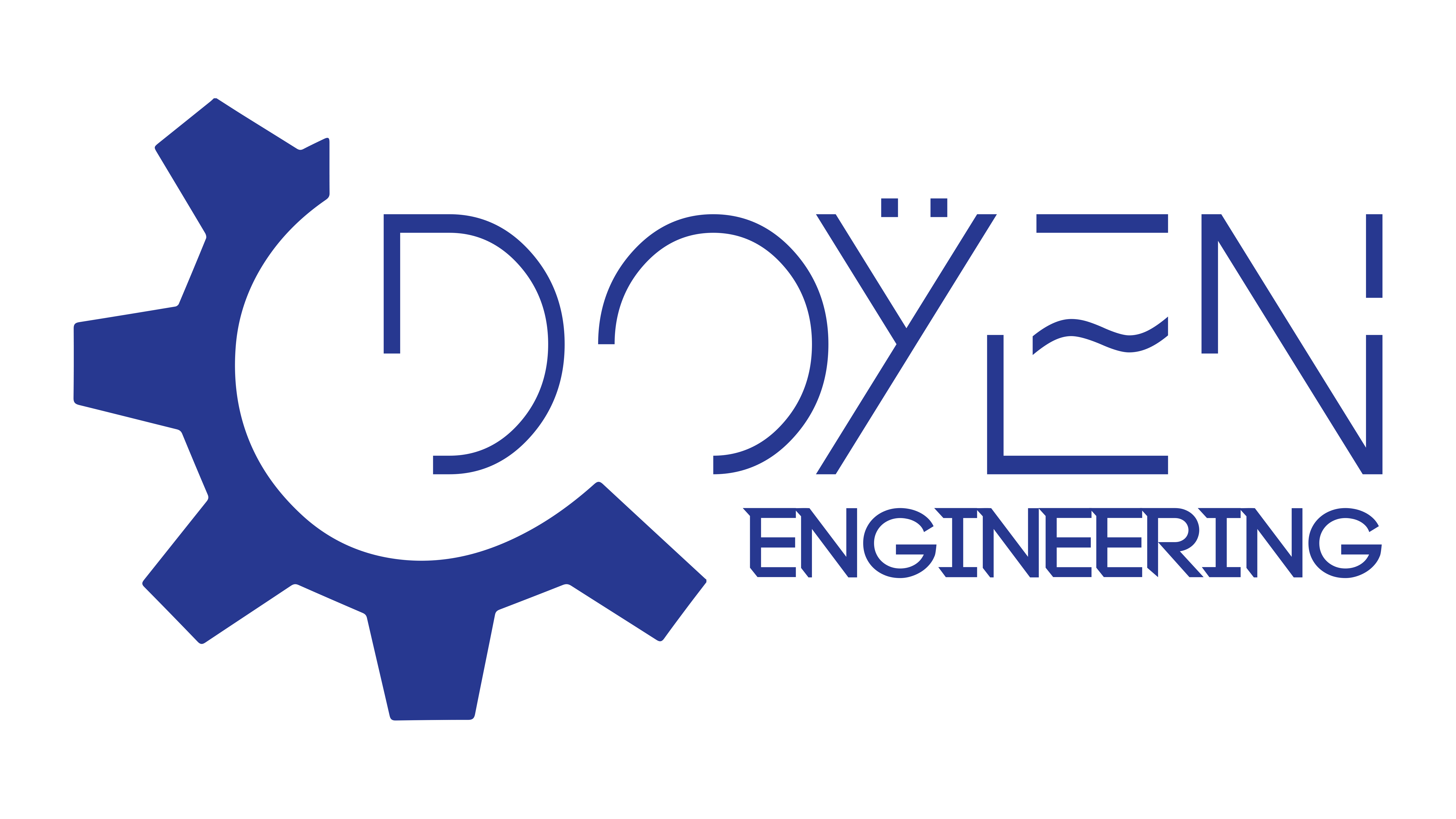
Introduction
Overview of Different Power Sources for Home Use
Selecting the best power source for your home is crucial in today’s energy-conscious world. Homeowners can choose from a variety of options that cater to their unique energy needs and preferences. Here are some common power sources:
- Electricity from the grid
- Natural gas generators
- Diesel generators
- Renewable sources like solar, wind, and geothermal energy
Each option presents its own benefits and challenges, shaping how we power our daily lives.
Significance of Choosing the Right Power Source
Choosing the right power source isn’t merely a matter of convenience; it affects finances, environmental impact, and even energy security. For instance, a family relying solely on grid electricity might face high energy bills or blackouts during storms. In contrast, switching to a hybrid system could enhance resilience and save costs over time.
Ultimately, thoughtful consideration ensures that your home remains powered without compromising your values or budget.

Traditional Power Sources
Electricity from the Grid
Electricity from the grid is the most common power source for households in urban areas. It’s readily available and usually reliable. Most appliances in our homes are designed to operate on grid electricity, making this option convenient for everyday use.
However, consider these factors:
- Dependability: Generally reliable but can experience outages.
- Cost: Electric bills can vary, especially during peak usage.
- Environmental Impact: Dependent on fossil fuels, leading to carbon emissions.
Many families rely on grid electricity, but it may not be the best long-term option due to the rising costs and dependency on fossil fuels.
Natural Gas Generators
Natural gas generators provide an alternative for homeowners seeking a consistent and efficient power source. They can act as a backup during outages or be used as the primary source in areas without reliable grid access.
Some advantages of natural gas generators include:
- Higher efficiency compared to diesel generators.
- Lower emissions, making it a cleaner option.
- Quieter operation, enhancing comfort during use.
A neighbor once installed a natural gas generator for peace of mind, and during stormy weather, they never lost power while others did.
Diesel Generators
Diesel generators are a reliable choice, known for their durability and ability to provide power in tough conditions. They are popular among homeowners in rural areas or those living off the grid.
Key characteristics of diesel generators include:
- Long runtime: Diesel fuel is energy-dense, offering longer operation.
- Robustness: Designed for heavy-duty use, making them dependable.
- Higher noise levels compared to other options, which can be disruptive.
While diesel generators can be an excellent option, the fuel cost and environmental impact should not be overlooked. Many users appreciate their reliability, but as energy concerns grow, a shift towards greener alternatives may be beneficial.
In navigating through traditional power sources, understanding their benefits and drawbacks helps homeowners make informed decisions for their energy needs.

Renewable Energy Sources
Solar Power
Solar power is arguably one of the most accessible forms of renewable energy. By harnessing sunlight through solar panels, homeowners can significantly reduce their reliance on traditional power sources.
Consider these benefits:
- Lower utility bills: Many users report substantial savings.
- Tax incentives: Governments offer programs to offset installation costs.
- Environmentally friendly: Solar energy reduces carbon emissions and reliance on fossil fuels.
A friend of mine installed solar panels last year, and not only has their energy bill dropped, but they also feel good contributing to a cleaner planet.
Wind Power
Wind power is another renewable option that utilizes turbines to convert wind energy into electricity. It’s particularly effective in areas with consistent wind patterns.
Benefits of wind energy include:
- Sustainable: Wind is inexhaustible when harnessed correctly.
- Cost-effective: Once the initial investment is made, operating costs are low.
- Community benefit: Wind farms can create local jobs and improve regional economies.
In fact, living near a wind farm, I have seen firsthand how communities can thrive with this energy source, turning windy days into productive ones.
Geothermal Energy
Geothermal energy taps into the Earth’s internal heat, providing a reliable and constant energy source. It’s particularly useful for heating homes or generating electricity in geothermal hotspots.
Key advantages include:
- Consistent energy supply: Unlike solar or wind, it’s available around the clock.
- Small land footprint: Geothermal installations require less space compared to wind or solar farms.
- Low emissions: Minimal carbon footprint compared to fossil fuels.
A neighbor opted for geothermal heating and noted both comfort and a substantial decrease in heating costs through Maine’s harsh winters.
Biomass Energy
Biomass energy originates from organic materials, such as plants and animal waste. It provides a versatile energy solution, usable for heating, electricity, and even as a transport fuel.
Consider the benefits of biomass:
- Waste reduction: Turns waste into valuable energy.
- Carbon-neutral: The process can be balanced by plant growth, making it sustainable.
- Local energy source: It can provide energy close to home, reducing reliance on external sources.
Many farms harness biomass, transforming their waste into power, thus becoming self-sufficient and reducing environmental waste.
Transitioning to renewable energy sources not only enhances sustainability but also promotes energy independence, providing financial savings and reducing environmental impact. Each option offers unique advantages suited to different lifestyles and locations, empowering homeowners to make informed choices for their energy future.






